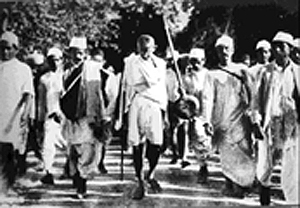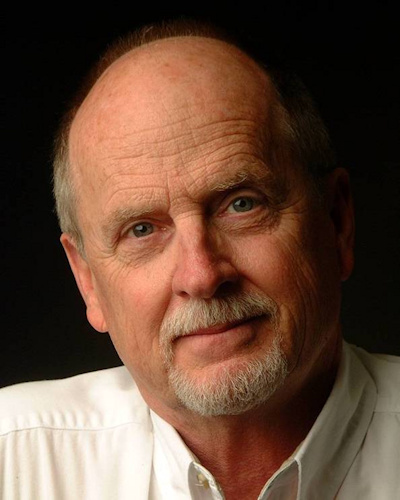<< LAST Contents NEXT >>
Nonviolent resistance and Gandhi’s Satyagraha

(The Force of Truth or Soul Force)
Recently, I was asked to teach NONVIOLENCE to a group of African American men who had been victims of violence or the threat of violence for their entire lives. Just the word “nonviolence” made them angry and defensive. And who could blame them? They assumed that “nonviolence” was just another white man’s trick to disarm them. They assumed, that “nonviolence” means putting down your weapons while your enemy is armed to the teeth. They assumed that “nonviolence” means surrendering your right to protect yourself from those who oppress you. They assumed that “nonviolence” means not fighting back. In fact “nonviolence” is the best and most powerful way of fighting back.
Nonviolent resistance is not a new idea. For centuries brave men and women used the proven tactics of passive resistance: protests, fasts, civil disobedience, sit-ins, pray-ins, boycotts and strikes. But Gandhi, the Indian lawyer who redefined “nonviolence” in the twentieth century, hated the term “passive resistance.” It was just too “passive.” He also realized that in the face of the mighty British Empire, it would take more than the tactics of “passive resistance” to send their oppressors back to England. Gandhi offered a prize to anyone who could contribute a new name that would identify his emerging nonviolence movement. A reader suggested SATYAGRAHA, freely translated as “insistence on truth.”
Immediately Gandhi saw the power in calling his nonviolent movement “The Force of Truth” but as he witnessed how practicing Satyagraha was changing the minds and hearts of his followers (Satyagrahi), he began to use the term “soul force” to identify NONVIOLENCE. Confronting the British nonviolently gave his people a new sense of dignity. Nonviolent Protest transformed the spirit of each individual protester. After a nonviolent protest, after practicing “soul force,” the protester’s lives were radically changed and we must not forget. Changing our lives and the lives of those who protest with us is a primary goal of nonviolence.

